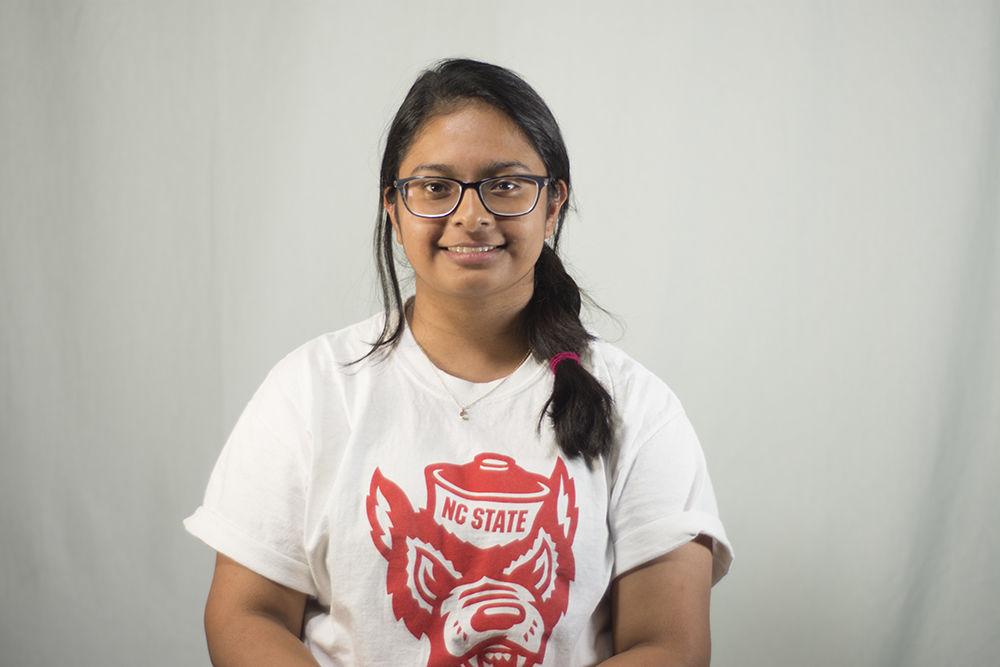Pulling all-nighters ain’t fun. Trust me. I know.
It’s midterm season already so it is understandable that students tend to sacrifice sleep to get that perfect grade point average. But then the question arises, is it really worth putting one’s health on the line for something as trivial as a grade?
The answer is yes and no. I agree it is extremely important to give your all towards academics, but it is equally important to take care of yourself, because no matter how hard you study, if your body isn’t rested, you will not be able to perform well. According to the National Heart, Lung and Blood Institute (NHLBI), “The damage from sleep deficiency can occur in an instant (such as a car crash), or it can harm you over time.”
It has been proven by multiple research articles that sleep plays a critical role in numerous biological processes like metabolism, neurological systems and all of the organ systems. A simple way to understand this is to imagine your body as a cellphone. When we see our cell phone battery getting low, we have to put it on charge so we can have a full day ahead. We don’t want our battery to run out at 10 o’clock in the morning and that’s the same with our mind and our body when it comes to sleep.
A major incentive for students to get some shut-eye is that it helps in memory formation. According to the Harvard Medical School, people who sleep properly after studying for a test would typically perform better in comparison to someone who did not get enough rest.
Alexis Steptoe, coordinator of wellness programs at NC State said quality sleep is critical for ‘growing’ students.
“Just because we’re done with our body maturing doesn’t mean our minds aren’t still growing,” Steptoe said. “Students are processing a lot of data, a lot of information and so they need that restorage of time.”
Steptoe said lack of sleep also severely compromises our immune system; Student Health sees the most cases of the flu around midterms and finals time, because students typically sleep very few hours.
Lack of sleep also leads to microsleep, which “refers to brief moments of sleep that occur when you’re normally awake,” according to the NHLBI. They are similar to blackouts and while this can be mildly annoying in a two hour chemistry lecture, it is a lot more harmful if it happens when you are driving, for instance. In fact, according to a paper published in Nature and Science of Sleep by Goran Medic et.al, close to “20% of the serious injuries that result from car accidents can be associated with driver sleepiness, independent of the effects of alcohol.”
Steptoe has numerous tips for students to help them manage their time efficiently and get better sleep.
“Take your thoughts from your head and write them somewhere, so you can head into the night unstressed, she said. “This allows you to feel more secure knowing those thoughts are somewhere so you don’t have to ruminate on them while you’re sleeping.”
For many students, Google Calendars is quite useful helping students make to-do lists, especially as they can use it on their phone and get notified of upcoming deadlines and agendas.
She also advises students to limit their screen time before going to sleep.
“Blue light simulates what we see in daytime and when we process daylight our body creates hormones that tell us to sleep or awake,” she said. “Many smartphones have a night shift mode turns the blue light to yellow light, allowing our body to produce the sleep hormone called melatonin, resulting in deep, restful sleep.”
As a college kid myself, I get how hard it can be to get a decent amount of sleep. I’ve actually been guilty of staying up until three in the morning multiple times, especially during test weeks. Occasionally, all-nighters become unavoidable, but it is important not to let it become a daily habit.














